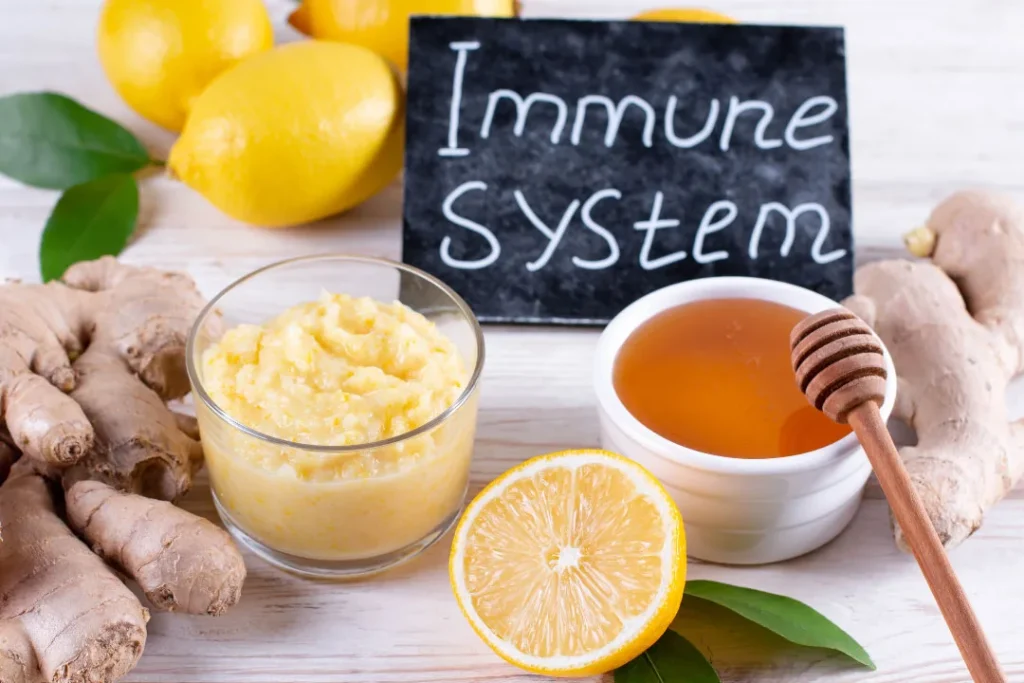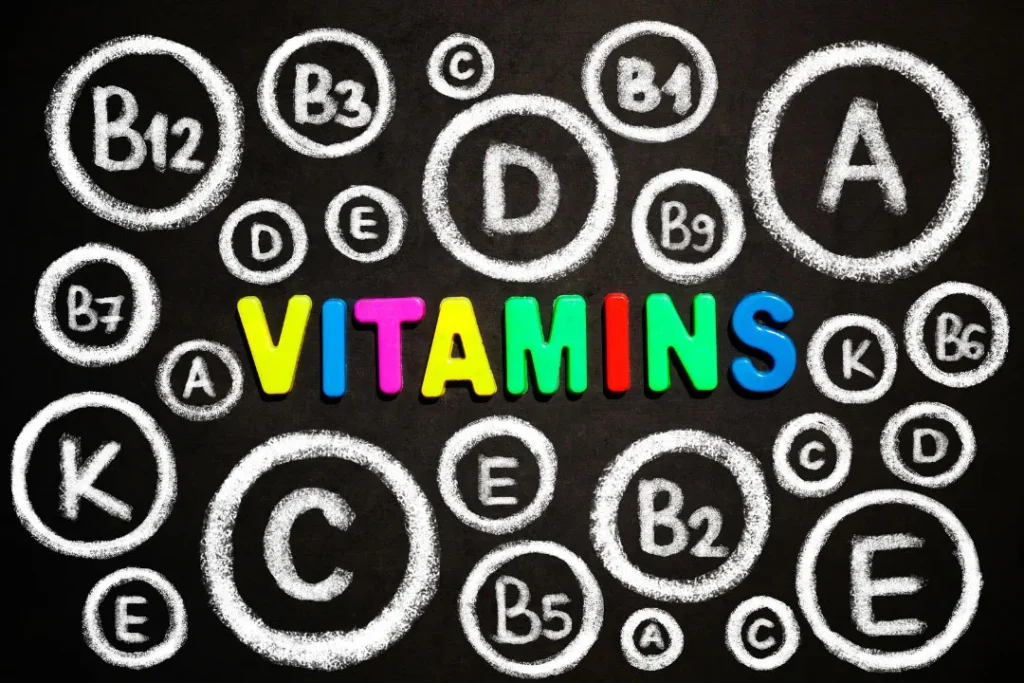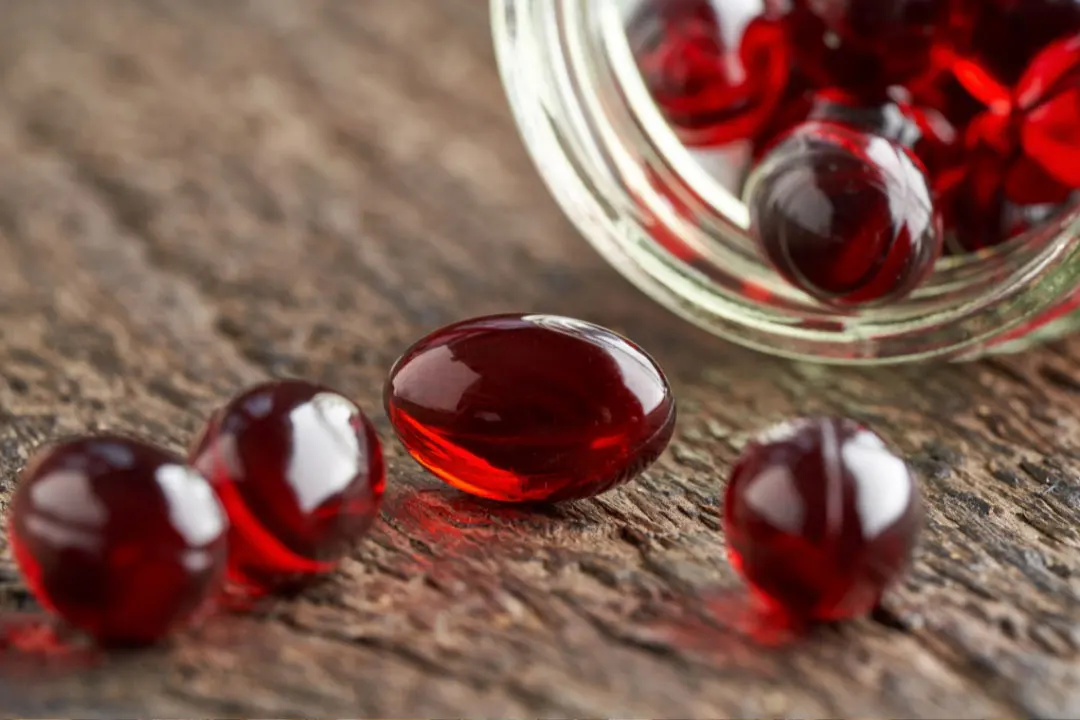Krill oil is a top supplement with extensive wellness benefits, such as promoting heart health and improving skin. But finding the best krill oil product can be a real challenge. In this article, we’ll compare CVS Krill Oil with another popular brand, Kori Krill Oil, to help you take advantage of the full array of krill oil health benefits.
As people age, it’s no surprise they start searching for the elusive ‘fountain of youth.’ Many find it under the sea, where fish and krill oil, loaded with omega-3 fatty acids, hold immense potential. An ounce of krill oil provides a pound of prevention and cure. No wonder the industry is taking the market by storm as more Europeans and Americans rush to harness its benefits. However, with so many options, it can be tough to choose the best brand. Let’s look at the benefits and drawbacks of both CVS Krill Oil and Kori Krill Oil.
You May Also Like:
Choose the Best Krill Oil: Top 5 Products Ranked & Reviewed
CVS Krill Oil vs. Kori Krill Oil: Which is Better? is an original (News7Health) article.
Searching for the best supplement:
No frills krill
You’ll find an abundance of krill oil products on the store shelves and online. However, don’t let the fancy packaging and false claims fool you. Whether you choose CVS Krill Oil, Kori Krill Oil, or some other brand, it’s important to check the label carefully and do your homework. The best krill oil supplements should contain the following key components:
- Phospholipids: These complex lipids are essential for digestion and for helping you absorb and metabolize omega fatty acids—specifically, eicosapentaenoic acid (EPA) and docosahexaenoic acid (DHA).
- Choline: This essential nutrient protects the brain and liver and facilitates cellular repair from everyday damage. The nervous system relies on choline to regulate memory, mood, and muscle control.
- 250 mg of DHA + EPA omega-3 fatty acids: Studies have shown that eicosapentaenoic acid and docosahexaenoic acid, both present in krill oil, are crucial for brain development in infants and help with cognitive impairment in older adults. Furthermore, these fatty acids contribute to improved coronary health, eye health, and a bolstered immune system.
You also want to avoid artificial flavors and colors. Authentic krill oil does not have a fishy taste and needs no additional flavoring.
Another important factor to consider is the origin of the krill oil. Krill that is sustainably sourced from the Antarctic Ocean is ideal since the Antarctic remains relatively untouched by excessive navigation and toxic human chemicals that often contaminate our seafood.

CVS Krill Oil vs. Kori Krill Oil
Both CVS Krill Oil and Kori Krill Oil contain the essential components: 480 mg of phospholipids, 60 mg of choline, and 250 mg of DHA + EPA omega-3 fatty acids. Both products are also sourced from the Antarctic, and like Kori Krill Oil, CVS Krill Oil is third-party tested to ensure it’s free from metals, pesticides, and other contaminants.

When comparing CVS Krill Oil and Kori Krill Oil, one notable difference is that CVS Krill Oil includes vanillin, which serves as a taste coating. In contrast, Kori Krill Oil relies on the inherent natural properties of krill, offering a non-fishy aftertaste experience without the use of any added flavors. Kori Krill Oil also gives you the flexibility of choosing between 800 mg, 600 mg, or 400 mg softgels.
Additionally, Kori Krill Oil emerges as superior over CVS Krill Oil due to its commitment to sustainability practices. The company diligently strives to preserve the sustainability of not only krill but also other wildlife in the Antarctic. They avoid harvesting any krill in areas that may be inhabited by other species and use specialized nets so as not to harm any marine life. Furthermore, Kori Krill Oil proudly emphasizes that its packaging is 100% recyclable, encompassing everything from the box to the bottle cap.

Shopping for krill oil supplements
We also examined the online reviews for both products. While the CVS website and Amazon include several five-star customer ratings for CVS Krill Oil, it’s tough to determine how many of those reviews are solicited. Consequently, we sought out independent reviews and found several websites that awarded Kori Krill Oil an A rating.
Notably, CVS Krill Oil is only available online or at CVS Pharmacies, whereas Kori Krill Oil can be found at several retailers, including Walmart, Rite Aid, Walgreens, Target, and Amazon. While comparing CVS Krill Oil to Kori Krill Oil, it is interesting to observe that CVS pharmacies sell Kori Krill Oil both in their physical stores and online, which suggests that the company recognizes the importance of offering a superior product.
When shopping for dietary supplements, it’s easy to get confused—there are more than 29,000 supplements on the market right now. Nancy Chan, chief executive of Kori Krill Oil, points out, “Most Americans are taking between 5 and 6 vitamins in their repertoire. That’s a lot of vitamins and supplements that are competing for your belly space. It often leads to health fatigue.” Krill oil, containing omega-3 fatty acids, stands out as one of the few supplements that bestow benefits upon the entire body.

Further reading for additional reference:
National Library of Medicine: Health effects of dietary phospholipids
Grand View Research: Krill Oil Supplements Market Size, Share & Trends Analysis Report By Product
Cleveland Clinic: A Look at Krill Oil’s Benefits
Oceanic Society: What Is Sustainable Seafood and How Do I Choose it?
Important Note: The information contained in this article is for general informational purposes only, and should not be construed as health or medical advice, nor is it intended to diagnose, prevent, treat, or cure any disease or health condition. Before embarking on any diet, fitness regimen, or program of nutritional supplementation, it is advisable to consult your healthcare professional in order to determine its safety and probable efficacy in terms of your individual state of health.
Regarding Nutritional Supplements Or Other Non-Prescription Health Products: If any nutritional supplements or other non-prescription health products are mentioned in the foregoing article, any claims or statements made about them have not been evaluated by the U.S. Food and Drug Administration, and such nutritional supplements or other health products are not intended to diagnose, treat, cure, or prevent any disease.

